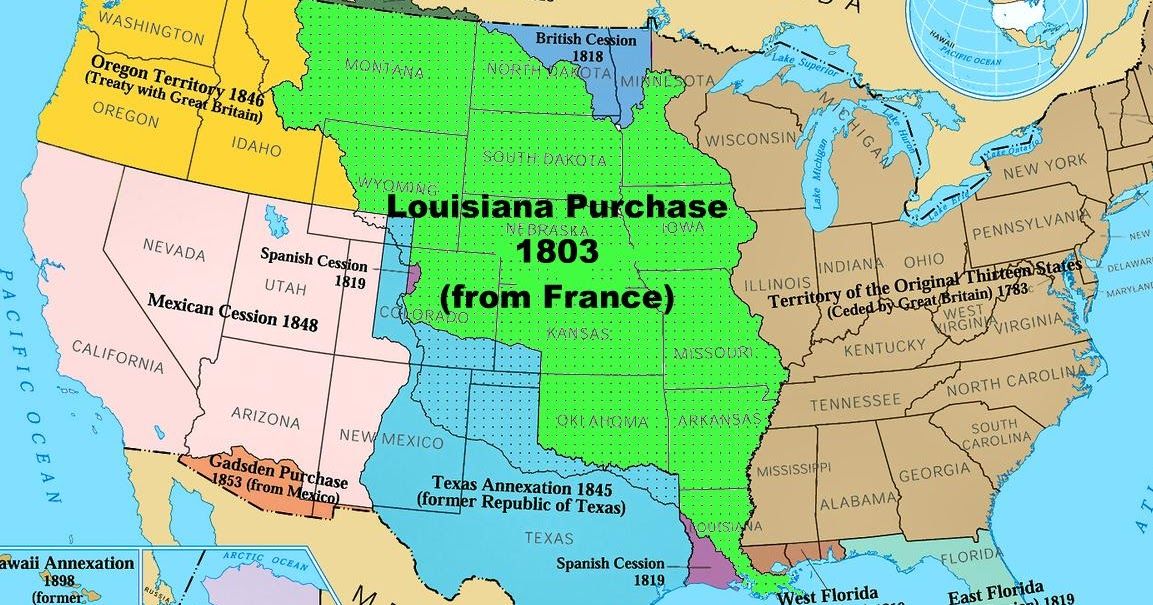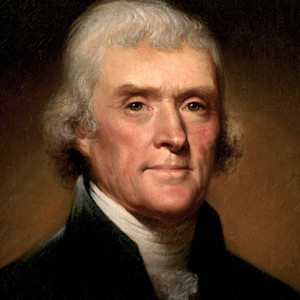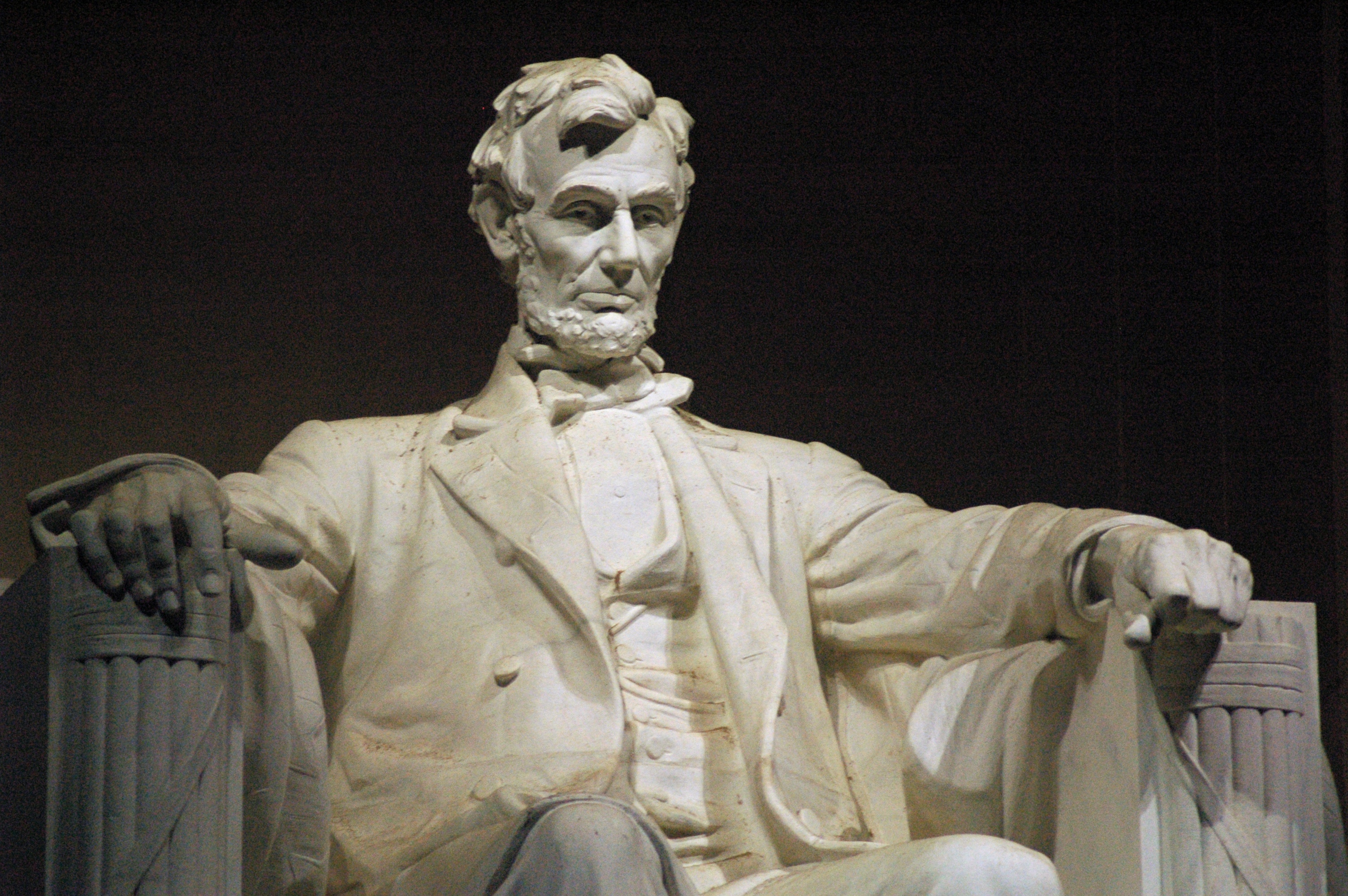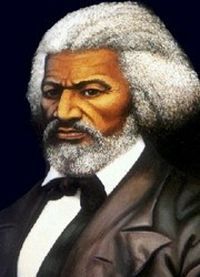We the People: From the Past to a New American Revolution

"I heard the singing of the Mississippi when Abe Lincoln went down to New Orleans, and I've seen its muddy bosom turn all golden in the sunset."
- Langston Hughes
In February, I traveled from New York City, where I live, to New Orleans to attend the Unrig the System Summit, a gathering of over 1,500 people from all 50 states, focused on how to reform our dysfunctional political system.
I was there to speak on a panel about the leadership of the African American community in the fight for full and equal voting rights in America and to urge reformers to bring the most cutting edge campaigns for nonpartisan reform to the communities of color.
While in New Orleans, I walked through the old French Quarters of the city with a friend and marveled at seeing the Mississippi River. I could not help but think of the Louisiana Purchase of 1803, presided over by Thomas Jefferson who was president.
The Louisiana Purchase brought New Orleans into the United States and doubled the size of the country, adding the land from the Mississippi River to the Rocky Mountains and from the Canadian border to the Gulf of Mexico, land that would eventually become the states of Missouri, Kansas, Nebraska, and all or parts of 12 other states.
The Purchase was one of those historic moments when enormous promise and possibility fell within the reach of the United States. It was made possible by the slave rebellion in Haiti, led by Toussaint L'Overture, an insurrection that defeated the French army and caused Napoleon to abandon his military plans in the region and sell the Louisiana Territory.
Historian Joseph Ellis argues in his book, American Creation, that the Louisiana Purchase was the last real chance before the Civil War to end slavery and to preserve and protect the Native American people. But Jefferson failed to apply the principles of the Declaration of Independence, "That...Governments are instituted among Men, deriving their just Powers from the Consent of the Governed," to the people of the Louisiana Territory.

Jefferson wrote the Constitution for the new territory and changed the wording of the agreement giving the full range of rights mentioned in the treaty with France from the "inhabitants of the ceded territory" to the “white inhabitants,” excluding blacks and other people of color in the territory. No one in Congress or the press pointed out the change.
“The residents of the Louisiana Territory especially New Orleans were of diverse races who had mixed for generations among Spanish, French, Africans, and Native Americans, including black and mulatto residents, some of whom were wealthy and socially prominent local leaders.” - Joseph Ellis, "American Creation"

Also in writing the new constitution for the Territory, Jefferson had the entire Louisiana government consist of presidential appointees, a governor and a thirteen-person council, making its government wholly autocratic and Louisiana a de facto American colony.
In November 1804, a delegation from the Louisiana Territory traveled to Washington to protest their colonial status and lack of any voice in their government. They rightfully asked, “Do the political axioms on the Atlantic become problems when transplanted to the Mississippi?” Jefferson never responded and refused to meet with the delegation.
He admitted to friends the reason for his actions, saying “our new fellow citizens are yet as incapable of self-government as children.”
Jefferson could not imagine a biracial, much less a multiracial society of equality even though he had children by an enslaved African American woman, Sally Hemings. Such were the blinding effects of slavery and the racism that justified it.
After the Louisiana Purchase, Indians were removed to the land west of the Mississippi and slavery was allowed to spread in the territory. New Orleans became America's largest slave market, a port city from which hundreds of thousands of enslaved people were bought and sold and shipped up the Mississippi River.
As young men, Abraham Lincoln and his cousin John Hanks traveled by flatboat down the Mississippi to sell produce in New Orleans, according to Hanks, they saw "Negros chained -maltreated - whipt and scourged."
Twenty-six years later, Abraham Lincoln pointed out that when the United States Constitution was ratified, African Americans participated in the states in which they could vote:
"The Constitution was ordained and established by the people of the United States, through the action, in each State, of those persons who were qualified by its laws to act thereon in behalf of themselves and all other citizens of the State. In some of the States, as we have seen, colored persons were among those qualified by law to act on the subject."
The United States Constitution begins, “We the People of the United States, in Order to form a more perfect Union.” The Civil War finally united the Union with the cause of Emancipation from slavery.
Abraham Lincoln in his Gettysburg Address, now gospel, gave new life to the Constitution.
"It is for us the living, rather, to be dedicated here to the unfinished work which they who fought here have thus far so nobly advanced. It is rather for us to be here dedicated to the great task remaining before us -- that from these honored dead we take increased devotion to that cause for which they gave the last full measure of devotion -- that we here highly resolve that these dead shall not have died in vain -- that this nation, under God, shall have a new birth of freedom -- and that government of the people, by the people, for the people, shall not perish from the earth."
Abraham LincolnNovember 19, 1863

The promise of government of, by, and for the people is being crushed by major party control of government and of elections. We still live in the long shadows of slavery, segregation, and racial discrimination. Race and party are at the core of America since the first compromise of the founders - the violation of the Declaration of Independence - by excluding African Americans and Indians from the human equality declared in the Declaration.
Today's reform movement has to cross these barriers, we have to dismantle the walls that divide us. Political control and corruption are integral to how the parties function. An important step to reform the process is to no longer allow the parties to divide us, to open all stages of our elections so that all voters are included and allowed to vote in all elections.
Frederick Douglass who escaped slavery and became a powerful spokesperson for the enslaved and for the cause of freedom around the world, at the end of his last address -- a scathing analysis of the atrocities, the lynchings being committed against blacks in the South -- a year before his death declared:
“Time and strength are not equal to the task before me. But could I be heard by this great nation, I would call to mind the sublime and glorious truths with which at its birth, it saluted and started a listening world. Its voice, then, was as the trump of an archangel..It announced the advent of a nation, based upon human brotherhood and the self-evident truths of liberty and equality.”

The movement for political independence and nonpartisan reform is continuing a process begun by the American Revolution. Today, it is not independence from Great Britain that we seek but to break away from the parties and to come together as a people.
I believe that the American people overwhelmingly want to come together and create that active, far reaching collective, We the People. Such meetings as the one that brought me to New Orleans are part of that process.
Photo Credit: J. Helgason / shutterstock.com





